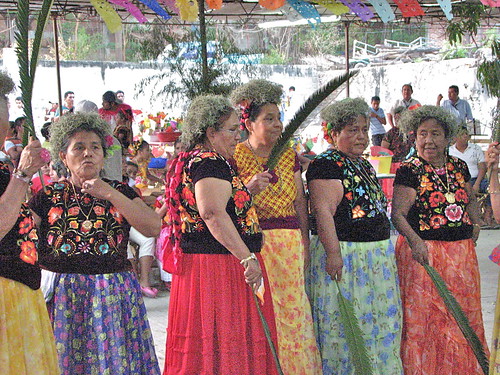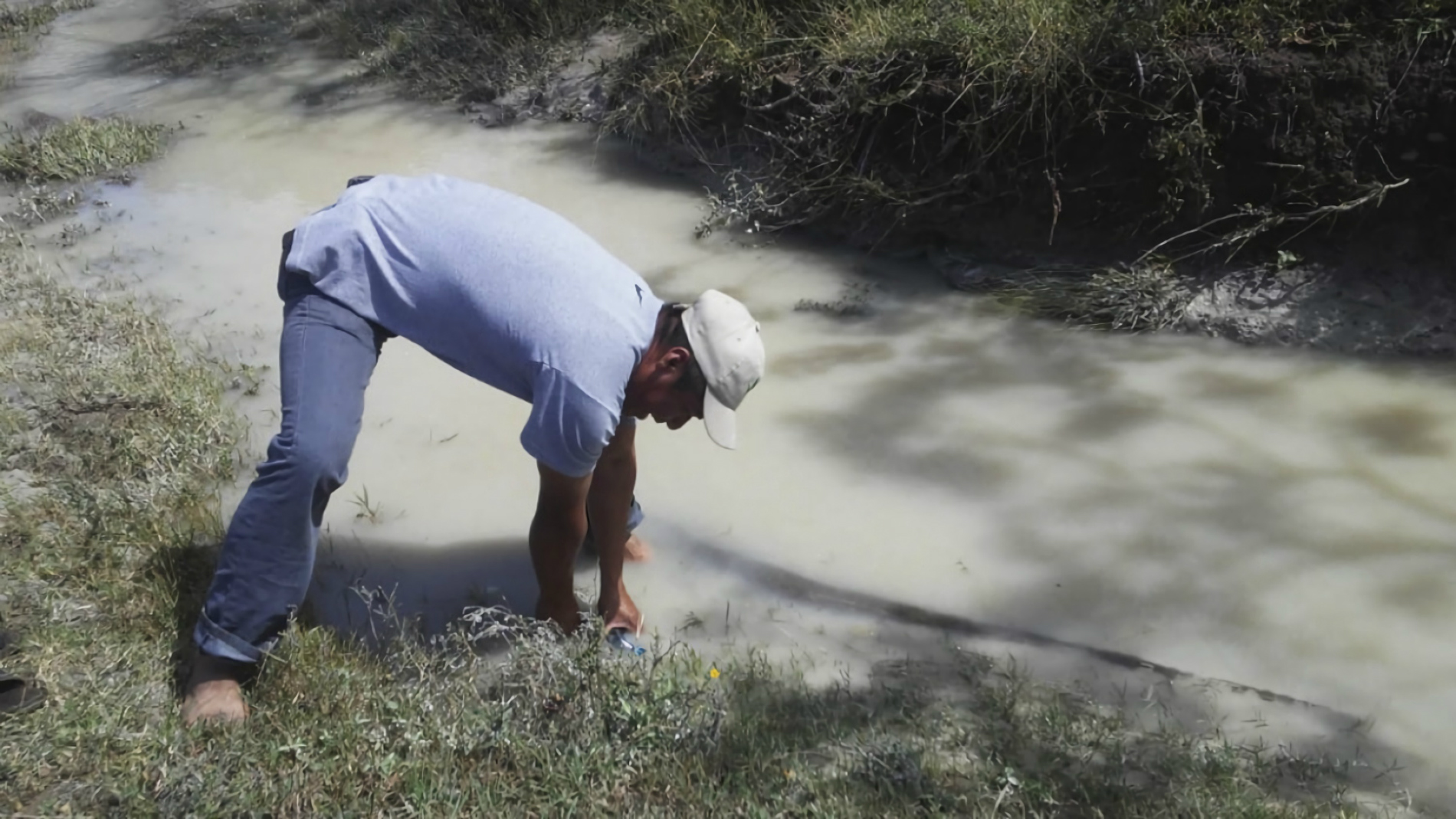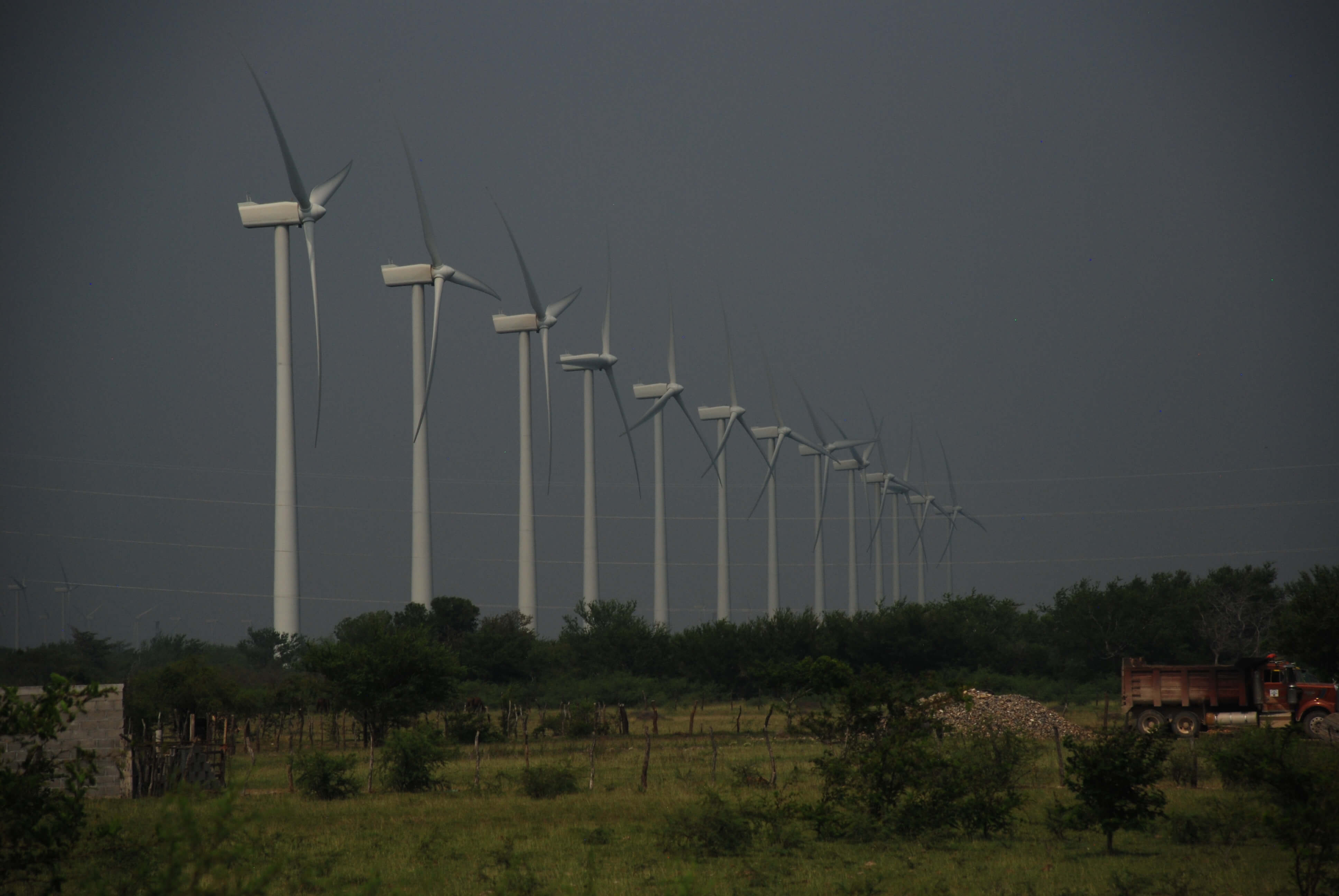 The Zapotecs (Zoogocho Zapotec :Didxažoŋ) are an indigenous people of Mexico. The population is concentrated in the southern state of Oaxaca, but Zapotec communities exist in neighboring states as well. The present-day population is estimated at approximately 800,000 to 1,000,000 persons, many of whom are monolingual in one of the native Zapotec languages and dialects. In pre-Columbian times the Zapotec civilization was one of the highly developed cultures of Mesoamerica, which among other things included a system of writing. Many people of Zapotec ancestry have emigrated to the United States over several decades, and they maintain their own social organizations in the Los Angeles and Central Valley areas of California.
The Zapotecs (Zoogocho Zapotec :Didxažoŋ) are an indigenous people of Mexico. The population is concentrated in the southern state of Oaxaca, but Zapotec communities exist in neighboring states as well. The present-day population is estimated at approximately 800,000 to 1,000,000 persons, many of whom are monolingual in one of the native Zapotec languages and dialects. In pre-Columbian times the Zapotec civilization was one of the highly developed cultures of Mesoamerica, which among other things included a system of writing. Many people of Zapotec ancestry have emigrated to the United States over several decades, and they maintain their own social organizations in the Los Angeles and Central Valley areas of California.
The name Zapotec is an exonym coming from Nahuatl tzapotēcah (singular tzapotēcatl), which means “inhabitants of the place of sapote.” The Zapotecs call themselves Be’ena’a, which means “The People.”
Though the Zapotecs are now largely Catholics, some of their ancient beliefs and practices, such as the burial of the dead with valuables, still survive. The first missionaries among the Zapotecs were Bartolomé de Olmeda, a Mercedarian, and Juan Díaz, a secular priest, who was killed by the natives in Quechula near Tepeaca for having “overthrown their idols”.
- Adapted from Wikipedia’s article on the Zapotec Peoples



